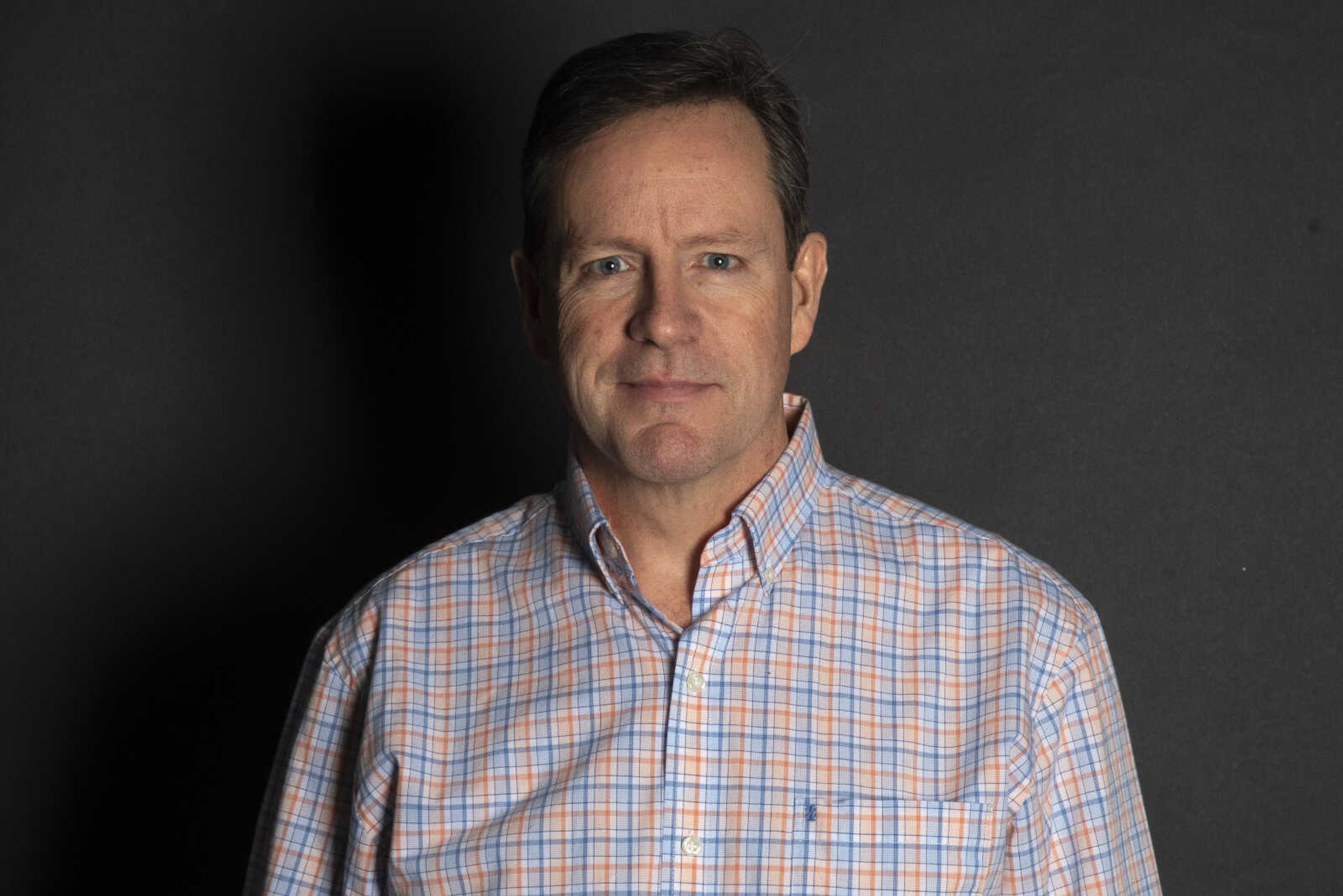Christians and the environment
Do you remember seeing images of clear city skylines and clean lakes and rivers in large metropolitan areas during the shutdown? I do. What struck me was how quickly the environment was able to recover from what seemed to be permanent damage. That is not to say that we should not be concerned about environmental issues. Has anyone told you that Christians do not care about the earth? The reality is that the Bible teaches us to be good stewards over God's creation...
Do you remember seeing images of clear city skylines and clean lakes and rivers in large metropolitan areas during the shutdown? I do. What struck me was how quickly the environment was able to recover from what seemed to be permanent damage. That is not to say that we should not be concerned about environmental issues. Has anyone told you that Christians do not care about the earth? The reality is that the Bible teaches us to be good stewards over God's creation.
Calvin DeWitt has written a book, "The Environment and the Christian," in which he lists seven areas that should concern us. First is that wilderness is being converted to agriculture, and agricultural land is being converted into urban areas at an unprecedented rate. Second, as many as three species a day may be becoming extinct. Third, land is being degraded by pesticides, herbicides and fertilizers. Fourth, the storage of nuclear and other hazardous wastes is a problem. Fifth, pollution is affecting the land and oceans. Sixth, many are concerned about changes in the atmosphere, i.e., warming. And seventh, as civilization spreads, it encroaches cultures that were more in harmony with nature such as the Amish and peoples of the rainforests.
You would think that if caring for the environment is a purely political idea, urban centers would be more environmentally friendly than rural areas, but that is seldom the case. I think most people want clean water, fresh air and less pollution.
As a Christian, I believe this world is created by God. How can anyone look at the amazing scenery all over this planet and not believe that all things have been created by design and for a purpose? Looking through a microscope or a telescope you will see structure and order, not chaos. Psalm 19:1 says, "The heavens declare the glory of God, and the sky above proclaims his handiwork."
My family and I enjoy the St. Louis Zoo. We appreciate the opportunity to see so many amazing creatures. All of creation has been made by God. Humans are the only creatures designated by God to be made in his image. Genesis 1:27--28 explains, "So God created man in his own image, in the image of God he created him; male and female he created them. And God blessed them. And God said to them, 'Be fruitful and multiply and fill the earth and subdue it and have dominion over the fish of the sea and over the birds of the heavens and over every living thing that moves on the earth.'"
While some may interpret this passage from Genesis as giving humans a license to destroy the environment and hunt animals into extinction, a more careful study of Scripture shows that we are to manage the earth and its resources well. In Leviticus, we see the agricultural principle of resting the soil and rotating crops. They were instructed to work the soil for six years, and on the seventh year leave it alone so that nutrients could return to the soil.
Proverbs 12:10 says the righteous care for the needs of their animals. Remember the song, "His Eye is on the Sparrow?" The song reassures us that God, who cares about a sparrow that falls, cares about you and me. See Matthew 10:29. Have you ever grieved over the death of a pet. I have. As the Lamb of God, Jesus shed his blood for us on the cross as God's final sacrifice to atone for our sin. Have you trusted him for salvation?
The Bible teaches that this planet will be destroyed and remade. There will be a new heaven and a new earth according to several Old Testament and New Testament passages (Isaiah 65:17-19 and 66:22, 2 Peter 3:13, and Revelation 21:1). We view this world as our temporary home. We choose to worship the Creator, not the creation (Romans 1:18-23).
Christians are responsible to God to be good stewards of the environment. That does not mean we need to support radical policies that cost jobs and hurt working families. Saving the planet will not spare us of death. Where will you spend eternity?
Connect with the Southeast Missourian Newsroom:
For corrections to this story or other insights for the editor, click here. To submit a letter to the editor, click here. To learn about the Southeast Missourian’s AI Policy, click here.










